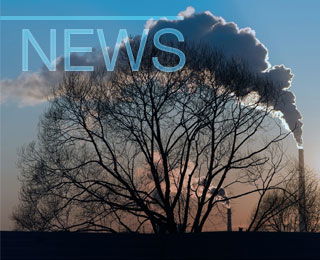Solid improved recovered fuel (SIRF) pellets perform significantly better than coal and natural gas on carbon emissions, according to a new report by management consultant and waste specialist Monksleigh.
The research was commissioned by waste-to-pellet company Waste Knot Energy (WKE). According to the findings, there are substantial benefits to using SIRF pellets, including that they perform two times better on CO2 emissions than natural gas, and three and a half times better than coal.
Ian Jones, CEO at WKE, said: “The results demonstrate that SIRF pellets work particularly well as a substitute to coal, including coking coal, petcoke and industrial coal, in cement kilns, coal-fired power stations and steel manufacturing. As a substitute for natural gas, for example in brickmaking, there are also significant benefits.
“The report also shows that the carbon emissions produced in the manufacture of our pellets are considerably lower than sending waste directly to landfill.”
Currently the UK exports around 2.75Mt of refuse derived fuel (RDF) and solid recovered fuel (SRF) from England to European and Nordic countries.
